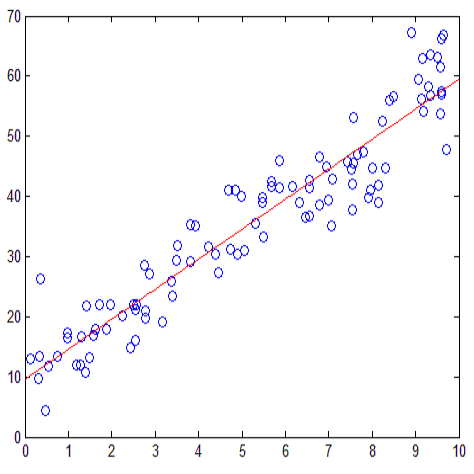Linear models are commonly used in causal inference for the analysis of experimental data. This is motivated by the ability to adjust for confounding variables and to obtain treatment effect estimators of increased precision through variance reduction. There is, however, a replicability crisis in applied research through unknown reporting of the data collection process. In modern A/B tests, there is a demand to perform regression-adjusted inference on experimental data in real-time. Linear models are a viable solution because they can be computed online over streams of data. Together, these motivate modernizing linear model theory by providing ``Anytime-Valid'' inference. These replace classical fixed-n Type I error and coverage guarantees with time-uniform guarantees, safeguarding applied researchers from p-hacking, allowing experiments to be continuously monitored and stopped using data-dependent rules. Our contributions leverage group invariance principles and modern martingale techniques. We provide sequential $t$-tests and confidence sequences for regression coefficients of a linear model, in addition to sequential $F$-tests and confidence sequences for collections of regression coefficients. With an emphasis on experimental data, we are able to relax the linear model assumption in randomized designs. In particular, we provide completely nonparametric confidence sequences for the average treatment effect in randomized experiments, without assuming linearity or Gaussianity. A particular feature of our contributions is their simplicity. Our test statistics and confidence sequences have closed-form expressions of the original classical statistics, meaning they are no harder to use in practice. This means that published results can be revisited and reevaluated, and software libraries which implement linear regression can be easily wrapped.
翻译:暂无翻译




